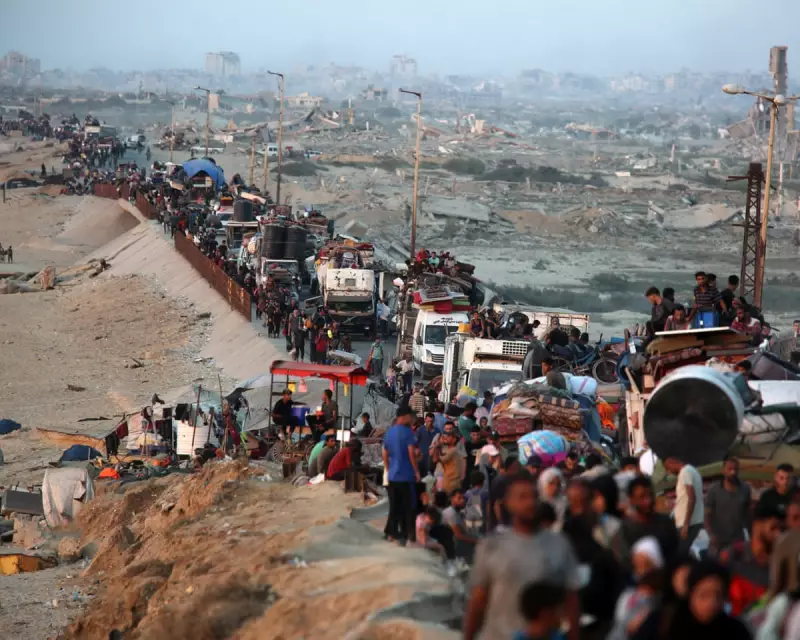
Hamas officials are undertaking a comprehensive review of former US President Donald Trump's newly unveiled peace proposal for Gaza, as multiple nations indicate readiness to support the controversial blueprint.
The militant group finds itself at a critical juncture, weighing its response to a plan that has already garnered unexpected international backing despite previous rejections of Trump-era Middle East initiatives.
Diplomatic Momentum Builds
According to senior sources within the organisation, Hamas leadership is conducting thorough deliberations behind closed doors. The group maintains its fundamental opposition to recognising Israel but appears to be approaching this proposal with measured consideration rather than immediate dismissal.
"The leadership is studying all options carefully," revealed one Hamas insider, speaking on condition of anonymity. "The changing international landscape requires a strategic response."
Global Reactions Take Shape
Several countries have moved swiftly to express support for Trump's initiative, creating diplomatic pressure on Hamas to engage seriously with the proposal. This marks a significant shift from the group's previous outright rejection of the Trump administration's Middle East efforts.
The emerging international consensus around the plan presents Hamas with both challenges and potential opportunities as it navigates one of the most complex diplomatic landscapes in recent years.
Regional Implications
Analysts suggest that Hamas's calculated response reflects the organisation's evolving political strategy amid changing power dynamics in the Middle East. The group appears to be balancing its ideological commitments with pragmatic considerations of governance and international relations.
This careful positioning comes as regional players reassess their approaches to the decades-old conflict, with some showing unexpected openness to Trump's vision for resolution.
Path Forward Uncertain
While Hamas continues its internal assessment, the international community watches closely for signals about potential engagement. The group's ultimate decision could significantly influence the plan's viability and reshape the diplomatic playing field.
What remains clear is that this proposal has already altered the conversation around Gaza's future, forcing all parties to reconsider long-held positions and explore new possibilities for resolution.





